Heart Health: AI Shifts From Risk Treatment to Prevention
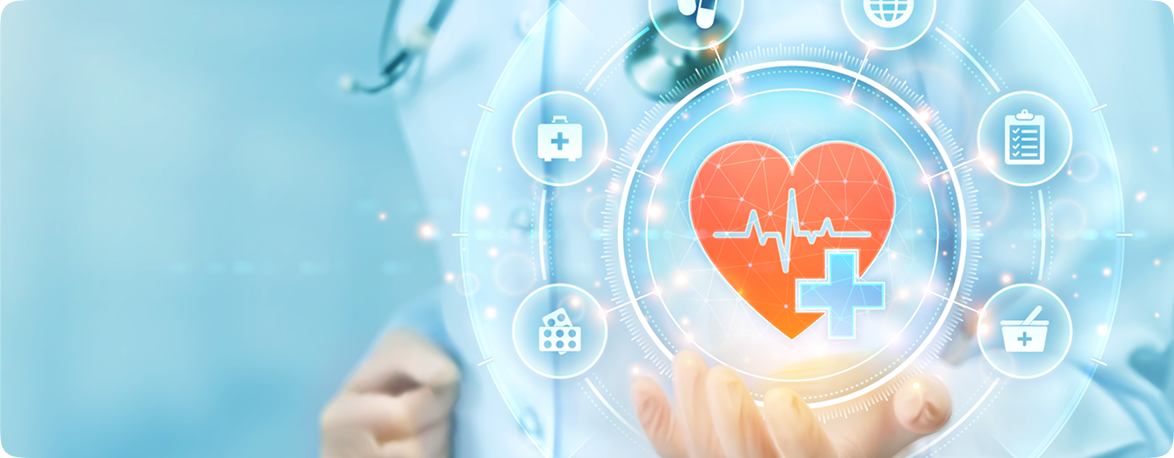
Heart disease remains one of the major causes of death worldwide (especially in India). Despite advancements in treatment, many people don’t discover they have heart issues until it’s too late. A reactive approach to healthcare only intervenes once symptoms have emerged, which is no longer sufficient.
What if we could catch heart problems before they even appear? Imagine technology that works 24/7 to detect the early signs of cardiovascular disease (CVD), allowing us to take preventive action before it’s too late.
Thanks to the latest advancements in real-time vital monitoring, wearable tech, and artificial intelligence (AI), we’re on the verge of a revolution in heart health. The future of health care is here, and it’s all about proactive prevention, not reactive treatment.
What’s The Problem with Traditional Heart Disease Detection?
Traditional healthcare models have been built around treating problems as they arise. Regular checkups, screenings, and doctor visits are essential, but they only offer a snapshot of health at a specific point in time. Between those visits, several health changes can go unnoticed.
Heart disease often develops slowly. Small shifts in heart rate, blood pressure, or sleep patterns can be the first signs of a problem, but they usually go undetected until they become more noticeable.
This leaves a gap in the system: a period when heart disease may be silently progressing without anyone noticing. How can we address this issue? Utilising technology, such as wearable devices, can help us continuously monitor our health.
Real-Time Monitoring of Crucial Health Data
Real-time vital monitoring does the magic. AI-powered wearables can track key health indicators, such as heart rate, blood oxygen levels, stress, and sleep patterns, all day, every day. This kind of constant monitoring provides us with a comprehensive overview of our health, enabling us to detect early signs of heart disease before they become apparent in a doctor’s office.
Having access to continuous data means we no longer have to wait for symptoms to appear; instead, we can take action immediately. Instead, we can identify patterns and trends in our health in real time, allowing us to take preventive steps early on.
AI-Powered Wearables: From Step Counters to Health Guardians
Wearable devices have come a long way since their introduction to the market. Initially, they were just step counters or fitness trackers. Now, modern wearables are sophisticated health tools that can measure:
- Heart rate variability (HRV)
- Blood oxygen levels (SpO₂)
- Sleep quality
- ECG (electrocardiogram) signals
- Stress and recovery patterns
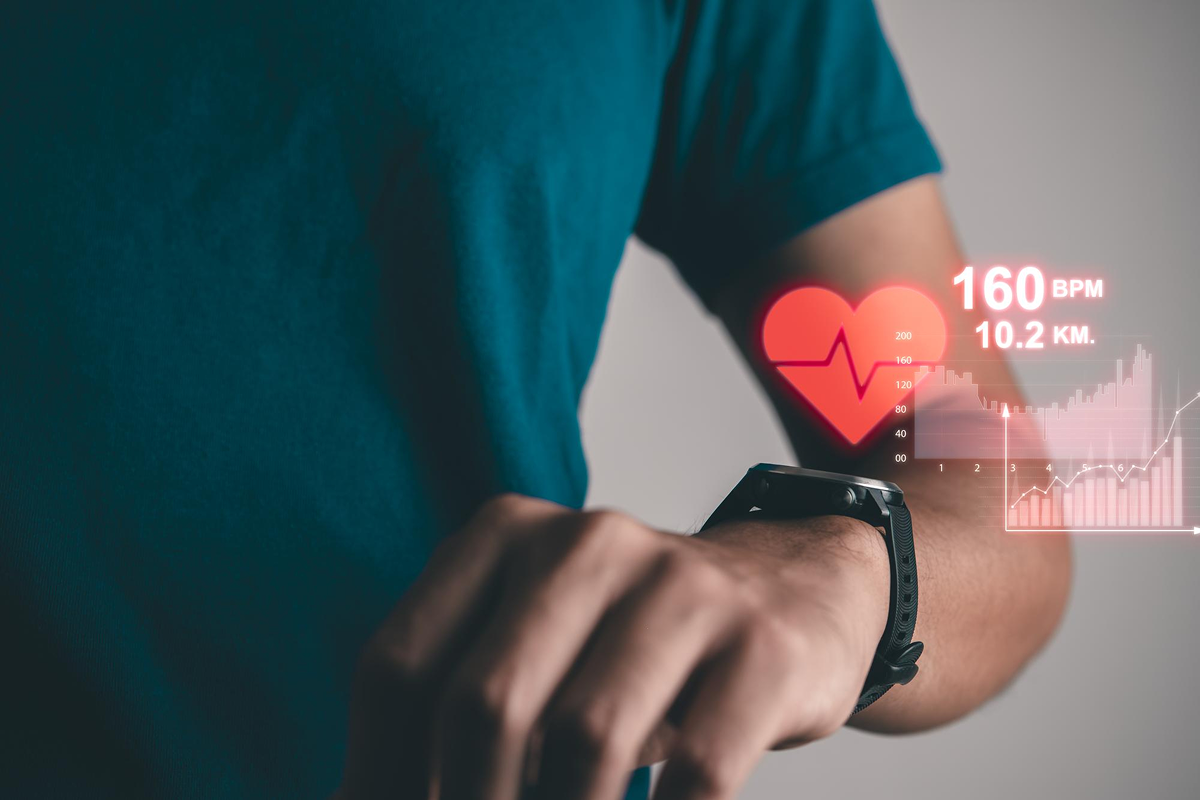
These devices provide a non-invasive and easy-to-use method for collecting valuable health data. They are also designed to integrate seamlessly into daily life, providing constant feedback without disrupting daily routines.
Wearables are transforming from simple fitness gadgets into powerful health monitors, making it easier than ever for individuals to track their heart health on their terms. With real-time insights, users can make informed decisions about their health and take action before minor issues escalate into major ones.
AI: Turning Data into Actionable Insights
While wearables collect data, AI makes sense of it. AI-powered systems can analyse massive amounts of data in real-time, looking for patterns that would be impossible for humans to spot on their own.
For example, AI can detect subtle changes in heart rate or sleep patterns that suggest early signs of cardiovascular strain. It can also predict future risks of CVD based on an individual’s health history and real-time data, providing tailored recommendations on how to prevent heart disease before it even starts.
This represents a leap forward in our approach to heart health. Instead of relying on generic advice, AI helps provide personalised insights that are specific to each individual’s unique health profile.
Personalised Healthcare: One Size Does Not Fit All
One of the key benefits of AI and real-time monitoring is personalisation. Traditional healthcare often uses one-size-fits-all guidelines — for example, the same ideal heart rate range for everyone. But that doesn’t work because each person’s body is different.
AI solves this problem by learning an individual’s unique health patterns. For example, your normal heart rate may differ from someone else’s, and your recovery after exercise may also be unique to you. AI can track these personal baselines over time, spotting subtle changes that might indicate a problem.
A personalised approach to healthcare means that interventions are far more accurate and relevant to the individual. It’s not about treating everyone the same; it’s about understanding what’s “normal” for you and providing recommendations based on your health data.
Why Preventive Healthcare Matters in CVD?
Preventive healthcare isn’t just a buzzword; it’s a necessity for an Indian heart. CVD and other heart diseases are causing death, and the earlier we detect them, the more effectively we can manage them.
Catching heart disease early can reduce the need for costly, invasive treatments. Many heart issues can be managed with simple lifestyle changes or medication when they’re detected early enough.
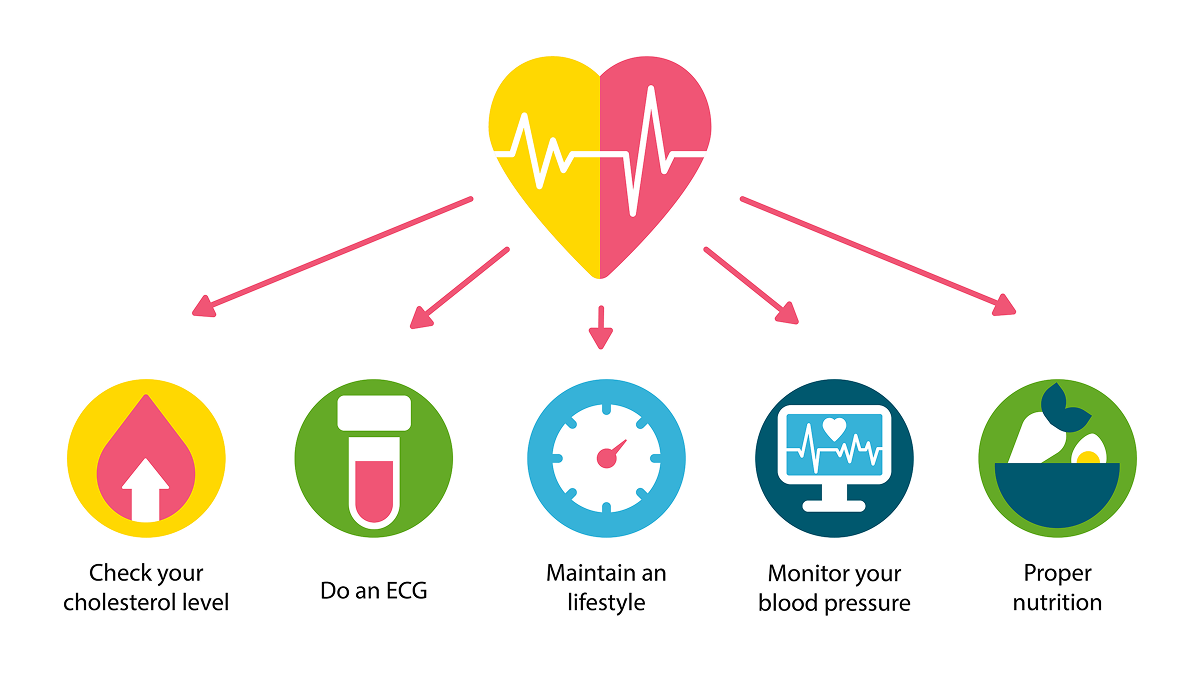
The shift to preventive healthcare also benefits society as a whole. When people stay healthier for longer, healthcare costs decrease, quality of life improves, and the burden on healthcare systems is alleviated. For businesses like Helius Wellness, promoting heart health through wearable devices and AI-driven insights fosters a healthier, more productive workforce.
Solving Challenges with a Preventive Care Approach
As the future of preventive healthcare appears promising, attention is being given to the challenges that have been observed. Health data is being handled with utmost care, with companies offering these technologies prioritising robust data protection and security measures to ensure patient privacy is safeguarded.
AI models are continuously improving, trained with diverse and representative data to enhance their accuracy. These systems are not only making reliable predictions but are also designed to be transparent and auditable, helping to minimise biases. As AI-driven health monitoring evolves, user trust is also growing.
Companies are increasingly demonstrating their commitment to using data responsibly, protecting privacy, and building confidence in these innovative solutions. The widespread adoption of these technologies is becoming more attainable.
The Future of Heart Health is Promising!
The future of healthcare isn’t just about treating disease after it happens. It’s about preventing it before it even begins. With AI, wearable tech, and real-time vital monitoring, we’re moving toward a world where heart disease is detected early, managed proactively, and ultimately prevented altogether.
This new approach to healthcare is:
- Continuous: We don’t need to wait for annual checkups to know how we’re doing.
- Predictive: AI-powered systems can identify risks before they escalate into serious issues.
- Personalised: Healthcare becomes specific to you, not based on generic guidelines.
- Empowering: People are empowered to take control of their health with real-time data and actionable insights.
The technology is here — and it’s changing the era. Now, the question is: How quickly will we adopt it and create a healthier future for ourselves and future generations? For more in-depth analysis, future trends, and insights on the evolving landscape of healthcare technology, stay tuned with Helius Wellness, shaping tomorrow’s tech world.
Popular Blogs
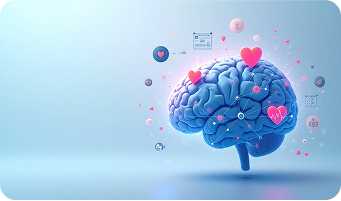
Agentic AI-Driven Healthcare Revolution
Agentic AI in healthcare for personalised care and real-time decisions.
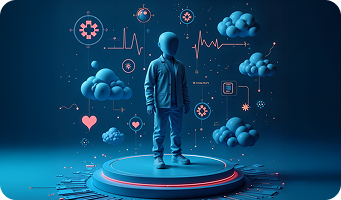
Artificial Intelligence in Healthcare: A New Approach t...
Chronic disease care with AI wearables, remote monitoring, and more.

AI and Hallucinations in Healthcare Field: A New Fronti...
Know how AI supports the detection and treatment of hallucinations.